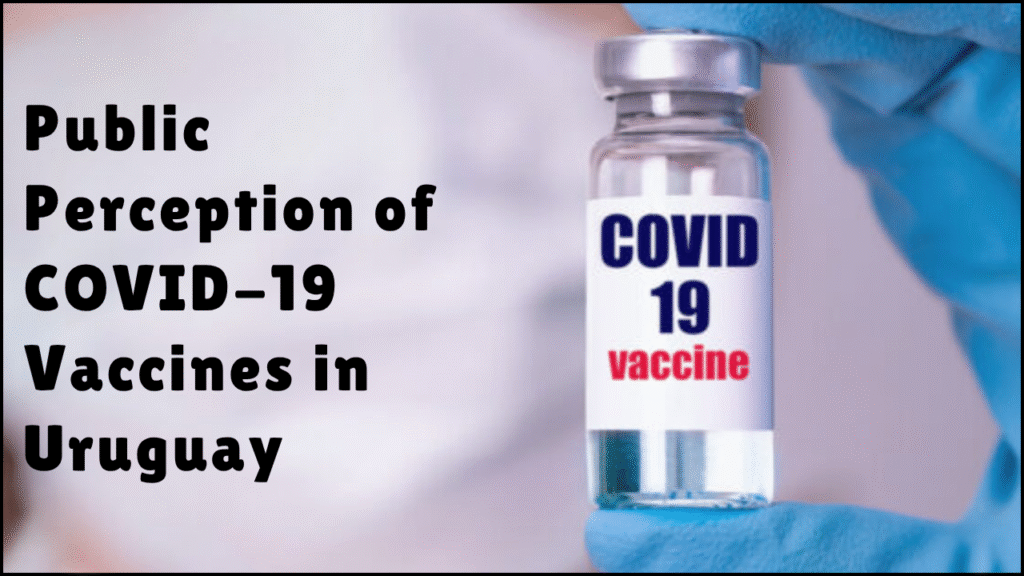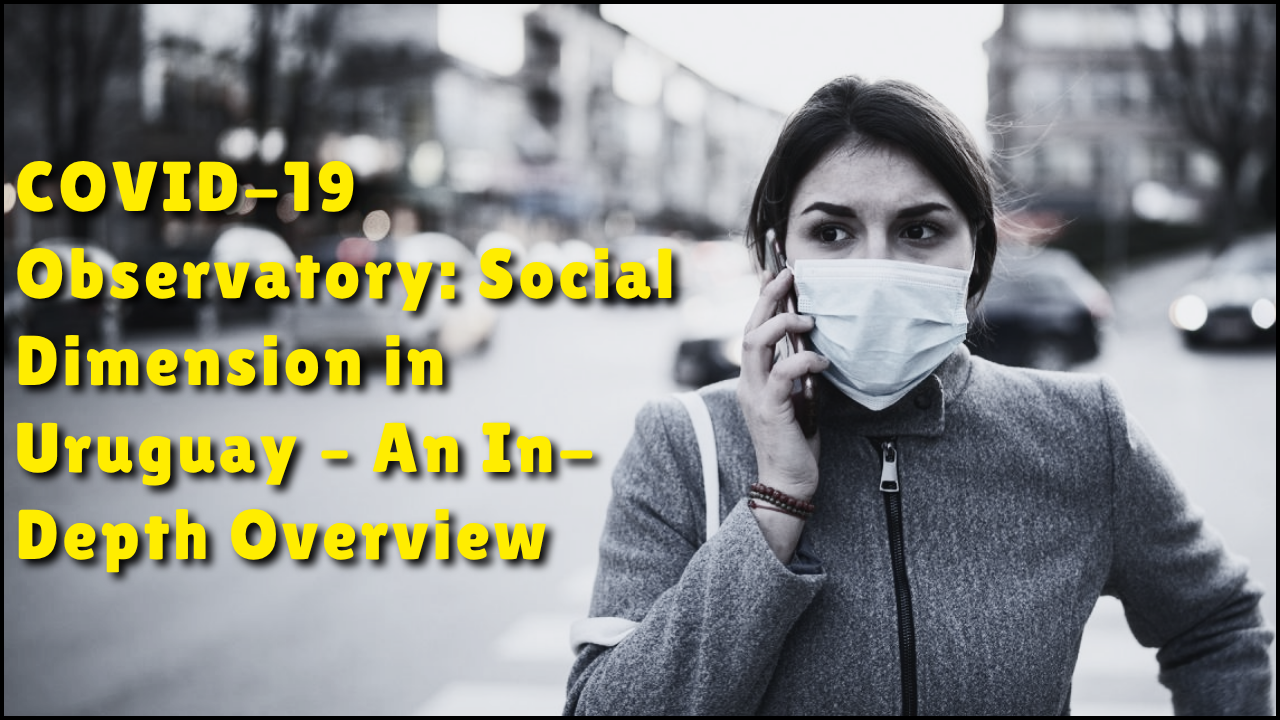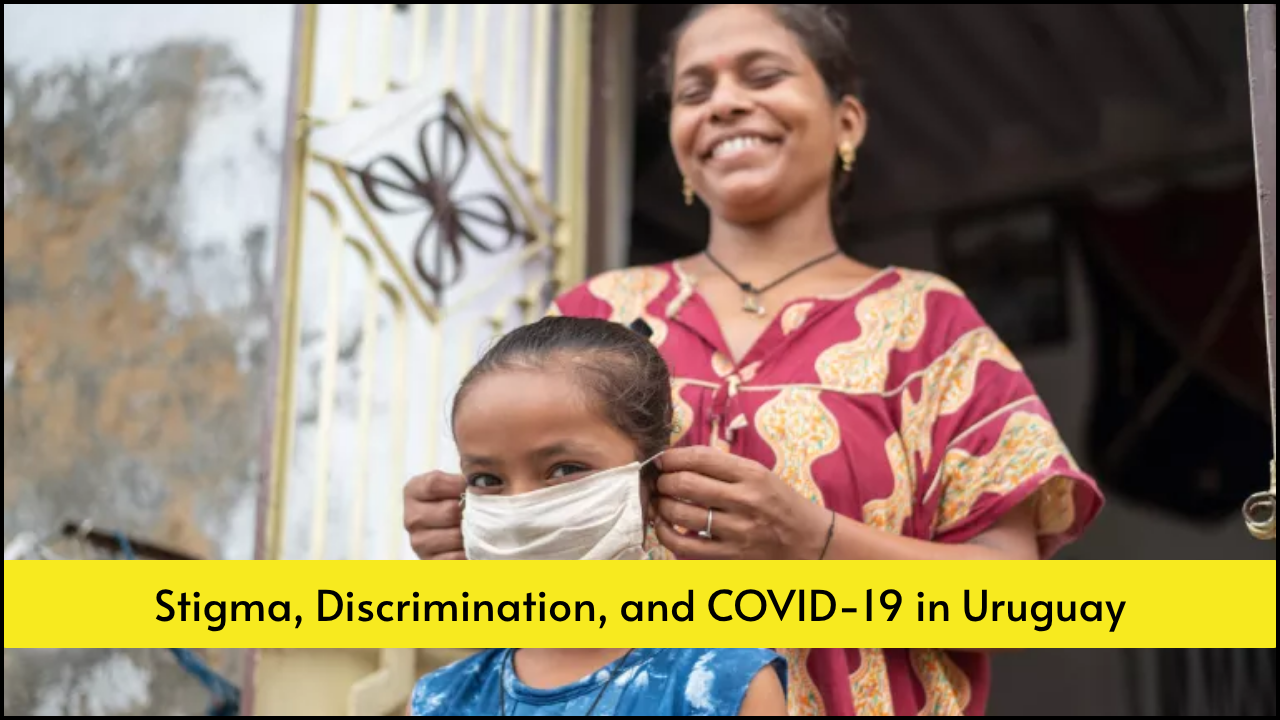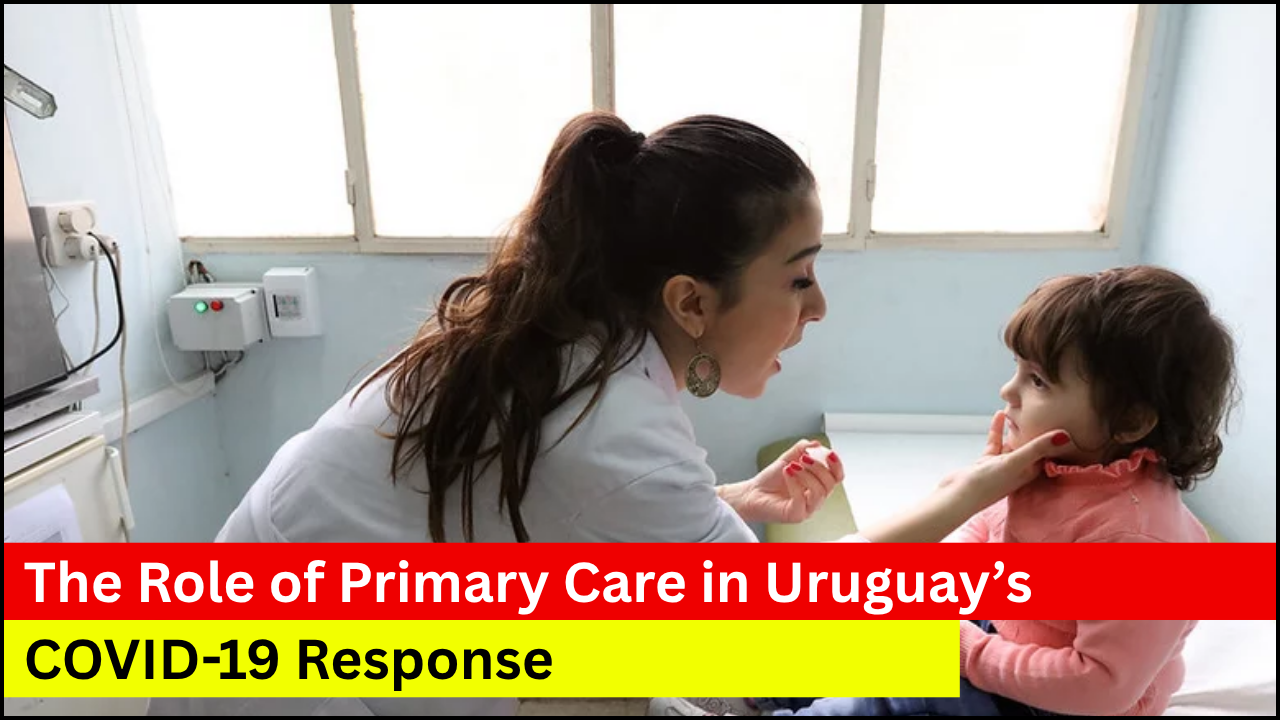
Public sentiment toward COVID-19 vaccination in Uruguay played a critical role in shaping the country’s pandemic response. Uruguay stood out in Latin America for its swift vaccine rollout, organized health campaigns, and relatively high acceptance levels. However, this success did not occur in a vacuum. It emerged from cultural attitudes, government transparency, community trust, and healthcare infrastructure. The interplay of these factors created a public environment where vaccines were largely viewed as necessary and effective.
Table of Contents
Key Influencing Factors on Public Perception
- Strong Healthcare System: Uruguay’s robust public healthcare network ensured equitable vaccine access.
- Government Transparency: Clear communication from authorities built public confidence.
- Social Cohesion: A culturally cooperative society increases adherence to public health advice.
- Scientific Communication: Engagement by health experts reduced misinformation and improved understanding.
- International Collaboration: Early agreements with vaccine producers and COVAX helped ensure supply stability.
Positive Public Sentiment Indicators
- High Vaccination Rates: Uruguay achieved above 70% full vaccination in a relatively short period.
- Willingness to Accept Boosters: A majority of people welcomed booster doses voluntarily.
- Media Support: Major news outlets in Uruguay promoted vaccine information in a consistent, science-based manner.
- Trust in Institutions: Surveys indicated high public trust in national health agencies during the pandemic.
Public Awareness Campaigns
- Educational Messaging: Materials were provided in multiple formats, including visuals for low-literacy populations.
- Celebrity Involvement: Uruguayan public figures contributed by promoting vaccination through social media and public appearances.
- Community Outreach: Programs targeted elderly, rural, and indigenous populations through mobile clinics.
- Youth Engagement: Educational institutions incorporated vaccine science into school curricula and webinars.
Challenges in Perception
- Initial Hesitation: Early vaccine skepticism existed among younger and lower-income groups.
- Misinformation: Despite limited reach, some online misinformation has been confused in isolated cases.
- Concerns About Side Effects: Worries about long-term effects remained among a segment of the population.
- Digital Divide: Accessing appointments via digital platforms was a barrier for elderly and rural citizens.
Vaccine Acceptance by Demographics
| Demographic Group | Vaccine Acceptance Level | Observations |
|---|---|---|
| Elderly (65+) | Very High | Actively sought vaccination and booster shots |
| Adults (30–64) | High | Motivated by job safety and family care |
| Youth (18–29) | Moderate to High | Initially hesitant, later motivated by peer norms |
| Rural Residents | Moderate | Acceptance increased with mobile clinic outreach |
| Urban Residents | High | Access to information and centers played a role |
| Healthcare Workers | Very High | Among first to be vaccinated voluntarily |
| Minority Communities | Moderate | Outreach campaigns improved trust and turnout |
Media Influence and Trust Dynamics
- Radio and Local TV: Trusted sources for elderly and rural populations.
- Digital Platforms: Used to spread quick updates and clarify rumors.
- Ministry of Health Website: Served as the official source for vaccine registration and FAQs.
- Social Media Monitoring: The government actively addressed misinformation trends.
Survey Results on Vaccine Perception
| Survey Indicator | Percentage of Respondents |
|---|---|
| Believed vaccines are effective | 86% |
| Trusted national health authorities | 78% |
| Concerned about long-term side effects | 29% |
| Willing to take annual COVID-19 vaccines | 67% |
| Preferred foreign-manufactured vaccines | 34% |
Role of Education in Shaping Views
- University-led Webinars: Hosted public lectures featuring epidemiologists and virologists.
- School Involvement: Introduced basic vaccine science and debunked common myths.
- Public Health Seminars: Provided in community centers and public libraries.
- Scientific Journalism: Improved clarity around vaccine development and testing.
Political and Cultural Impact
- Cross-Party Support: Major political parties united around pro-vaccine messaging.
- Civic Responsibility Narratives: The media framed vaccination as a patriotic and communal duty.
- Historical Trust in Public Health: Uruguay’s prior experience with mass vaccination (e.g., against yellow fever and polio) created familiarity and reassurance.
Logistical Efficiency and Public Trust
- Online Booking Systems: Simplified vaccine appointments for tech-savvy users.
- Walk-in Clinics: Increased accessibility for people without internet access.
- Home Vaccination Services: Provided for elderly and disabled individuals.
- Cold Chain Management: Maintained vaccine efficacy and reduced public doubts.
Comparison with Neighboring Countries
| Country | Vaccination Rate | Public Perception |
|---|---|---|
| Uruguay | Very High | Predominantly positive and cooperative |
| Argentina | High | Moderate hesitancy among certain sectors |
| Brazil | Mixed | Politicized response and misinformation |
| Paraguay | Low to Moderate | Delayed rollout and limited trust |
Long-term Vaccine Perception Outlook
- Preparedness for Future Pandemics: Uruguayan society demonstrated the capacity for rapid mobilization and vaccine uptake.
- Booster Fatigue Management: Continued education campaigns are required to maintain interest in subsequent doses.
- Digital Literacy Improvements: Programs were introduced to ensure equitable access to vaccine-related resources.
- Public Health Legacy: COVID-19 experience reinforced the value of collective action and science-based policy.
The Bottom Line
Public perception of COVID-19 vaccines in Uruguay remains a case study in effective health communication, trust in institutions, and organized public health response. Uruguay’s experience highlights the importance of not just supplying vaccines but cultivating public confidence through education, transparency, and cultural understanding. Sustained community engagement and investment in public health will be essential in maintaining vaccine acceptance for future immunization efforts.





